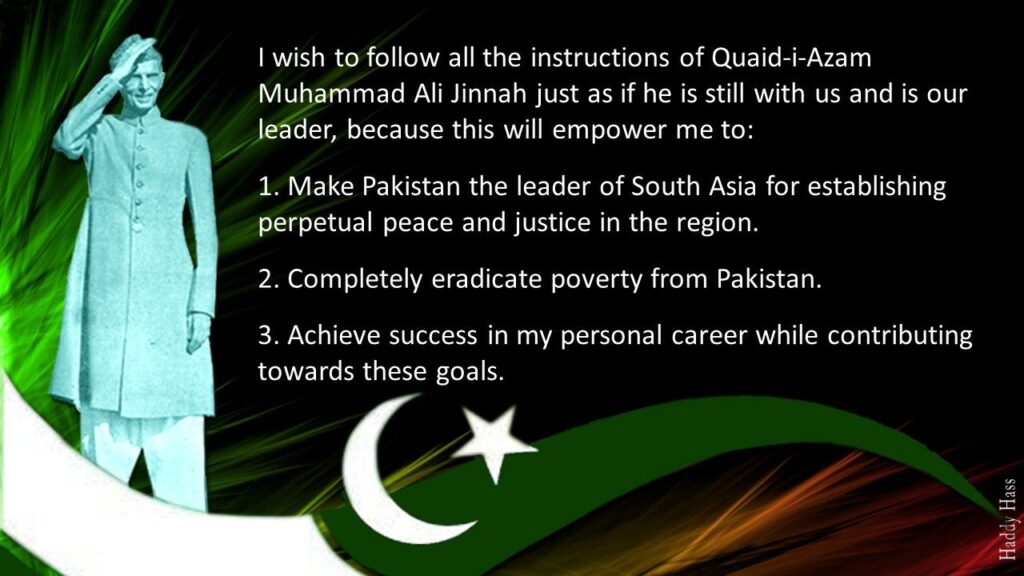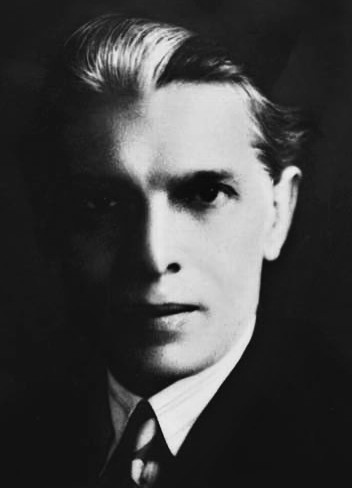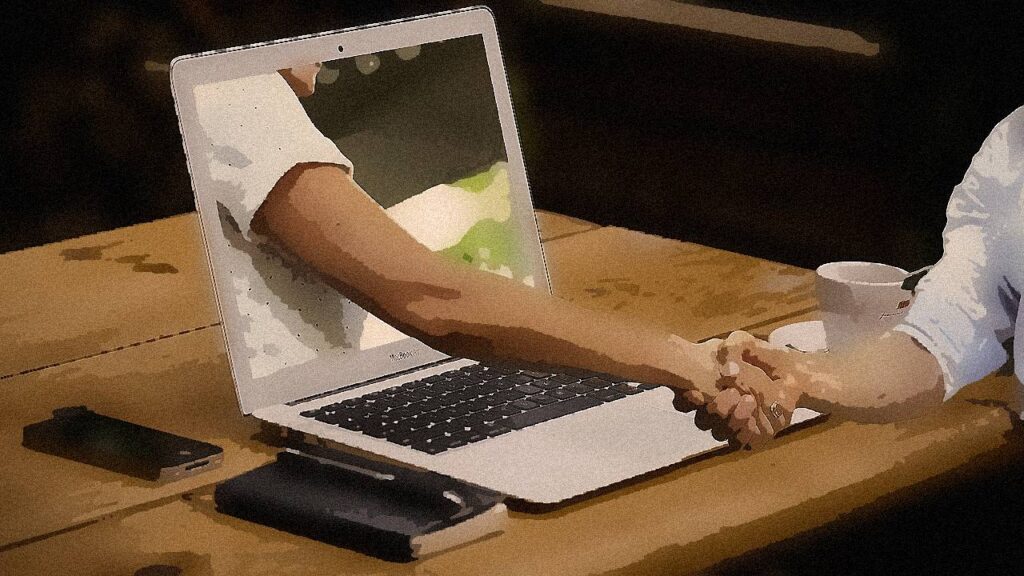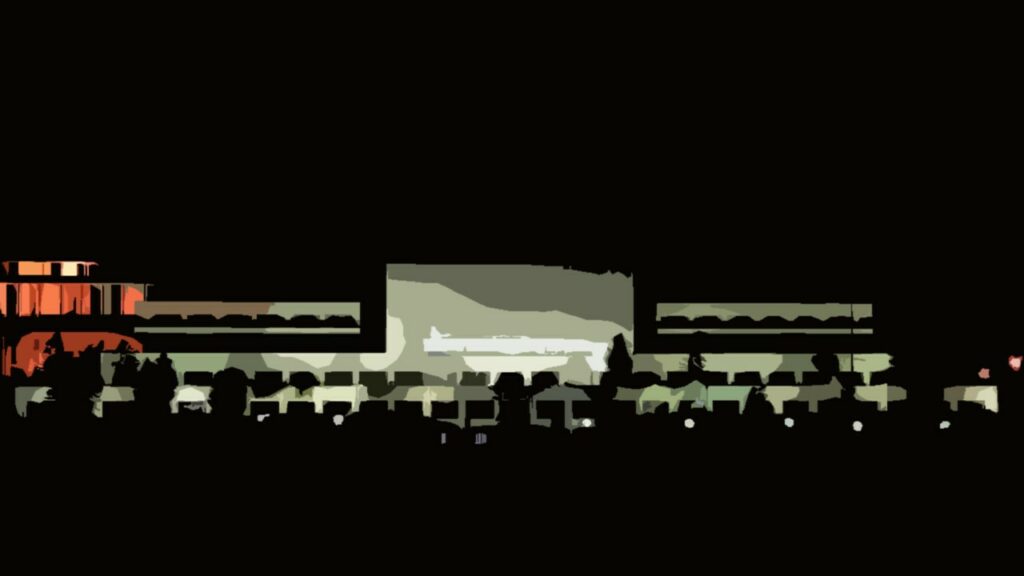Pakistan is meant to lead the world, intellectually and morally, so that there may be peace and justice for all. This has to start with the country assuming such a role in South Asia, bringing a fair and just solution to the issue of Kashmir and ensuring instant relief for the suffering minorities of the region. Secondly, Pakistan has to be a society where poverty is eradicated completely (and not just “reduced”).
These were the two well-defined purposes for which this country was created (with the active support and sacrifices of those Muslims whose descendants now belong to Bangladesh and India). The records of the All-India Muslim League, the national organization which created Pakistan, show it quite clearly that these basic purposes were well understood at the time of the creation of this country.
To create a country with these purposes also meant, obviously, that each of its citizens could and should achieve success in his or her personal careers while contributing towards the achievement of these goals. I hope that you will therefore agree that the following should be the mission statement of every honest Pakistani.

This was the idea contained in the famous poem recited on 22 March 1940, in the historical session of the All-India Muslim League where the South Asian Muslims pledged to achieve these goals by establishing Pakistan (watch the video embedded below for a later rendition of the poem).
By denying our national goals a priority over our personal interests, we have been practically living like slaves in spite of being citizens of a great independent state, and have been indulging in that deplorable evil which Jinnah used to call “careerism”.

“Teaching in India has shown one definite result: our intelligentsia is being manufactured, as if it were, in factories, as careerists. The foremost idea of most of them is careerism.”
Jinnah, address to the staff of the Aligarh Muslim University, 5 April 1939
Unfortunately, teaching in Pakistan has continued to produce the same results. Those who created Pakistan desired to bring some radical changes in the system of our education, but power was snatched from them within seven years and their vision for a national education could not materialize.
Hence, we the educated ones, have continued to be careerists (and it also suited the interests of our politicians and the majority of our leaders). If we now want to help ourselves and others, and if we want to empower ourselves as free citizens, the first thing is to recognize that the fault which lies within each one us: we are careerists.
We can stop being so if we now place our default national goals above our professional and personal priorities, and adjust our careers and our lives to those goals rather than the other way around. It is also important that once we adopt these goals, we should try to achieve them only through the guidance left behind by the creators of Pakistan for this purpose. Other methods are not only going to fail but they can also bring further chaos and disunity, which could be fatal for our national life at this point.
The starting point, then, cannot be anything except that we adopt the mission statement which I have suggested above. Let it be the beginning of a wonderful and amazing journey through which we first change ourselves, and then the world.

Therefore, I do not wish to reach a wide audience with my “message”. If you were going to offer unsolicited advice towards that end, please do not. Because it is not my message, to begin with. It should be your message too. Instead of telling me how to spread it, you should be spreading it yourself just like me.

And if you are one of those who think that the goals mentioned above cannot be achieved, then regrettably my work might not be comprehensible to you. No offense intended.
It is true that some people today think that these goals cannot be achieved anymore. My lifelong research has shown me that they can be achieved if only I start following the instructions of Quaid-i-Azam Muhammad Ali Jinnah with complete loyalty and devotion.
Hence, I am writing only for those who, just like me, wish to align their own lives and careers with the higher targets of bringing peace and justice to the region through Pakistan, and eradicating poverty completely.
Because, we all feel restless and dissatisfied about how bad things are at workplaces, how the rule of law is weakening in the society, how daily life is becoming increasingly difficult and how almost everything that could go wrong seems to be doing so.
Now, if you wish to do something about this and if, just like me, you also want to seek advice from the Father of the Nation for this purpose, you might have come to the right place. I hope that we can form a team.

By making a team, I mean that we adopt a common mission statement and we follow it separately in our own respective lives and careers. Whatever information you need for this, I will be very happy to provide (and there is much on this website already). But the starting point is to have a common mission statement. I have suggested it on the sticker which I have already shared.
Now, what do we need to know if we want to achieve success in our careers not by ignoring our national ideals but by contributing to them? This is the question I try to answer in my course, “The Untold Story of Pakistan from 1858 to 2026“, by taking the participants step by step through the past, present and the future strictly from the perspective of those who created this wonderful country. If at all possible for you, please try to participate in this course whenever it is offered at a place near you, or help me organize it at a place of your convenience.
Until then, you can also go through a series of five blog posts in which I have tried to offer the substance of this course as best as I could. I have written this series in such a manner that each post takes you through one important step in this journey of transformation.
The following is a list of those steps, so that you could have a bird’s eye-view of the entire journey. Also, by clicking on the name of each post or the button underneath the summary, you can access the post itself. But my suggestion is that you first read the summaries of all five posts, since they describe those five steps of the journey.

Section 1: The seven stages of Pakistan
The most important thing to know is that the South Asian Muslims have a communal self (also called “collective ego”, and it is wholly compatible with the sovereignty of independent states). Recognize this collective ego, accept its existence and see the process of its evolution by looking at your history from the point of view of those who created your country.

Section 2: Uniform culture
Once you have accepted the existence of your communal self, you need to learn how to participate in its life (because by denying its existence, you have been living in alienation to it). For this, you need to change your habits of thought and action. So, first we discuss the change in the habits of thought (also called “internal transformation”). According to Iqbal, it happens through “uniform culture” (explained in this post).

Section 3: National organization
Change in the habits of action is the other type of change required for participation in the life of the communal self. Iqbal calls it “external transformation”, and says that it happens through the desire to seek consensus. This desire can be kept alive only through “national organization” (explained in the post).

Section 4: Conscious evolution
By changing our habits of thought and action, we will be able to participate in the life of our communal self in a conscious manner. This is all that is now required for achieving a society free from fear and want, because all other prerequisites have already been fulfilled.

Section 5: National education
By becoming the first people in human history to acquire the ability of “conscious evolution” (explained in the previous post), we will have a completely new outlook on the world. It will provide solutions to problems that are presently believed to be unsolvable, and might eventually transform the entire planet into an ideal world. But the change can only begin from Pakistan, and in Pakistan it has to start from its most important component, which is you.
Now, if you agree to adopt the mission statement suggested here, please leave a statement to this effect as a comment on this page before moving on. This will go a long way towards building a club of like-minded people, and might be your first practical contribution towards the “national goals” right away. After you have posted your comment here, I welcome you to the exciting journey through the untold story of the past, present and the near future Pakistan, which begins with the first post of the series, “The seven stages of Pakistan.”
The untold story of Pakistan | The seven stages of Pakistan | The uniform culture | National organization | Conscious evolution | National education

I agree that an initiative should be taken to lead justice, peace and prosperity in South Asia.
Wonderful post. I agree to adopt the mission statement mentioned here with all my heart and soul. 🙂
Great post. I support your ideas of achieving our national goal by adopting the guidelines which you have provided in your post/posts.
The way you have invited to participate is very attractive and you have addressed the complex issues delicately. Things around which have made the life miserable are looking simple to resolve by reading your post. Keep it up
I truly believe in the above mentioned mission statements.
I have few questions:
“Those who created Pakistan, power was snatched from them within seven years”
How and why did that happen? Did it happen systematically or it happened in one go?
And who replaced them and why the masses accepted those replacements?
I do not think that the masses have ever accepted those replacements. Only the intelligentsia did. For a brief answer to the rest of your question, please see:
http://j8i.d74.mywebsitetransfer.com/defied-sovereignty-of-pakistan/
Thanks for this eye opening experience .